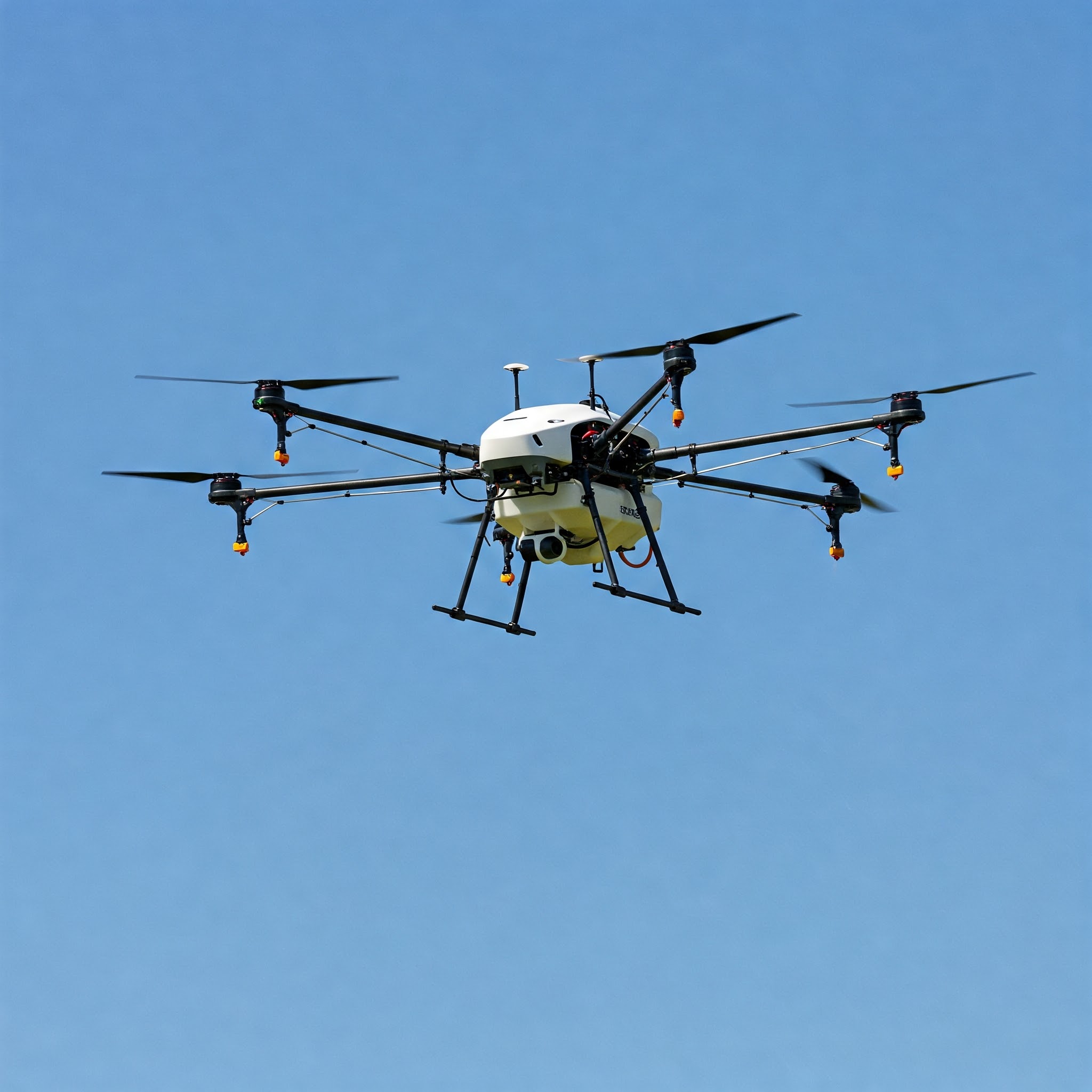SORA AND OSC BASED OPERATIONAL AUTHORISATIONS
As drones become firmly embedded in the day-to-day operations of companies around the world, new uses are being sought, trialled and approved which bring further productivity, safety and efficiency gains to the user. Within the standard permissions of commercial operations, in the UK this is Pre-defined Risk Assessment 01 (PDRA01), the improvements in drone technology such as battery life, camera functions (zoom and thermal), size and capability have expanded the areas of use. However, the restrictions placed on PDRA01 whilst optimising safety, can also prevent more novel and innovative use. To harness these innovative uses and apply them legally, an application for a Specific Operations Risk Assessment (SORA) based Operational Authorisation is required. Previously these more complicated Operational Authorisations were based on an Operating Safety Case (OSC). The envisaged scope o the operations are given a Specific Assurance Integrity Level (SAIL) score of 1 to 6. The complexity and the associated costs of SORA based Operational Authorisations increases with a higher SAIL score. The CAA has a team of assessors that will review, assess, question and ultimately approve or reject these applications.
Under PDRA01, the user is limited to operating drones up to 25kg at ranges of 500m horizontally and 120m vertically maintaining Visual Line of Sight (VLOS) at all times, maintain a 50m bubble from uninvolved people. The user is also not permitted to drop any articles (which includes spraying fluids!). A SORA or OSC Operational Authorisation process allows users to exceed these limitations. Currently, approvals have been granted for drone operations with reduced separation from uninvolved people, heights greater than 120m, agricultural spraying, spray-cleaning, heavy lift operations (up to 400kg) and extended horizontal distances using visual mitigation (VM) ie multiple observers or pilots working as a team to maintain VLOS with a drone. The core use of drones in the near future will be Beyond Visual Line of Sight (BVLOS) and the SORA Operational Authorisation application process will be central to fulfilling this next step.
These applications require an in-depth knowledge of procedures, regulations and how to build a robust ongoing compliance solution. The process can take months and incur significant cost but the approvals gained allow the users to unleash the full potential of their drones to maximise efficiency and cost-savings.
Global Drone Training specialises in the support of SORA and OSC-based Operational Authorisations and has an impressive track record of successful applications.
To arrange an initial discussion please get in contact with the team.

